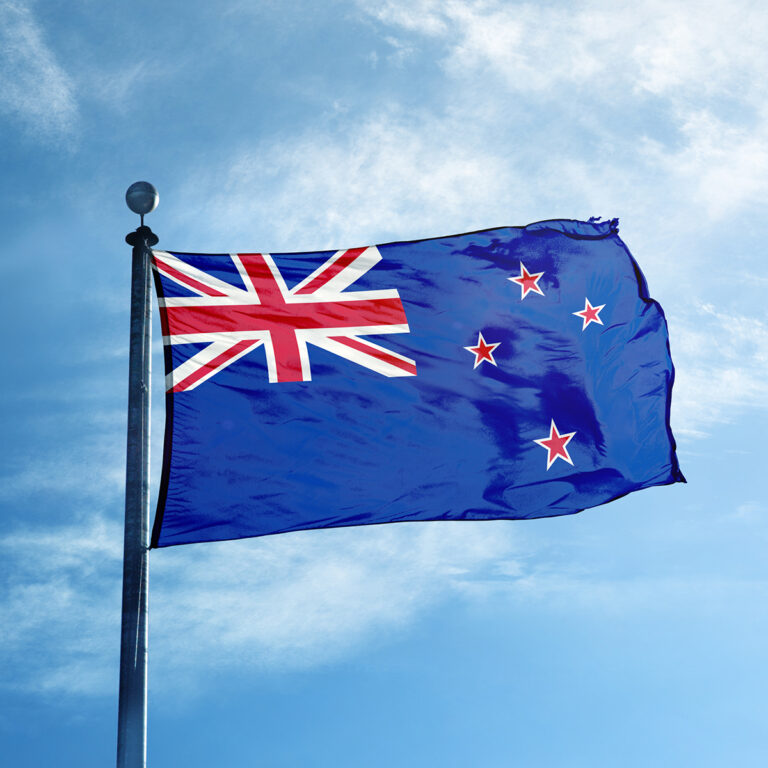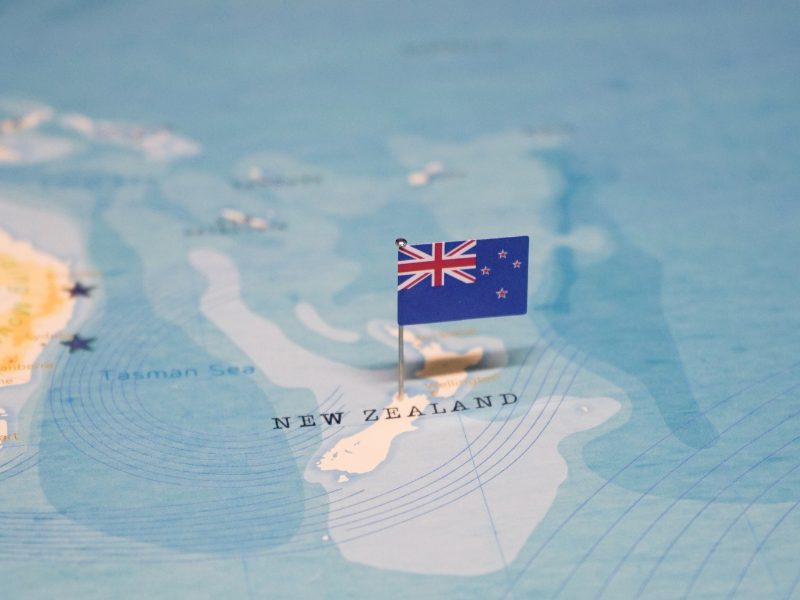New Zealand has long been a target for migration, particularly from Europe and Asia. Indeed, around 69 percent of New Zealanders identify as coming from European descent (mostly from the UK), and approximately 9.2 percent are from Asia, with Maori making up 14.6 percent. Immigration has a major role in New Zealand’s politics, its culture and its economy.
From an economic perspective, immigration is currently strong. Approximately 60 percent of incoming individuals are skilled migrants. This creates more connections, new levels of investment and new business opportunities with major export markets. Similarly, because the proportion of skilled people is higher than the average population, immigration generally raises taxable incomes and brings increased economic benefits.
These benefits translate to the accommodation sector. The majority of migrants are looking to start up a business or contribute significantly to business in New Zealand, and they provide a reliable seasonal workforce that the accommodation sector is able to use. However, changes to the skilled worker visa may put additional strain on the sector due to the minimum wage requirements. To qualify, skilled migrants must earn at least $49,000 a year, and with average annual wages falling around $39,624, it’s clear that there will be a shortfall.
Many areas do not have the ability to sustain the demand for seasonal workers, particularly resort areas such as Queenstown, without calling upon migrant workers to provide extra support during busy periods. Of particular concern is the lack of entry-level and mid-level chefs, whose wages tend to fall well below the $49,000 cap. Without regular immigration and the use of the three-year visa, these numbers will start to fall, and the accommodation sector may struggle.
This all shows that immigration is essential to the New Zealand accommodation sector, and this is reflected by the Immigration New Zealand website. It acknowledges the skills shortage in the sector, particularly with regard to chefs, and lists it as a priority. However, the $49,000 per year minimum wage creates a dilemma for the current government and the New Zealand Customs Service.
Tourism directly employs around 7.5% of the New Zealand workforce, and total expenditure between April 2015 and March 2016 was $34.7 billion, representing a 12.2% increase. International tourism expanded even further by 17.1% to $11.8 billion. From GST alone, tourists generated $2.8 billion, representing about 3.5% of total government income. The New Zealand tourism sector is expanding rapidly, and it urgently needs vital skills that are currently underrepresented in the country as a whole.
This means that the country must turn to immigration in order to fill that skill shortage as well as to ensure adequate investment in the services industry. At the moment, 58.3 percent of all foreign investment comes from Australia, the United Kingdom and the United States. However, Japan is gradually investing in New Zealand, as is China. Closer ties to Malaysia publicly announced this spring may also fuel additional investment in the tourism sector.
Overall, immigration is a vital part of the tourism sector. It helps to address the skills shortage present throughout the accommodation sector, and it buffers against temporary fluctuations in visitor numbers, particularly in the summer. Local areas are unable to cope with such surges, so migrants come in and fill various positions. However, immigration also brings in investment, and these investment ties are vital to the New Zealand economy, which is expanding significantly. Construction of motel businesses and hotels, as well as overall construction in the housing market, brings in even more workers, creating a demand for temporary accommodation throughout the country. This is a demand the accommodation sector can fulfil, creating long-term growth across the entire New Zealand economy.




